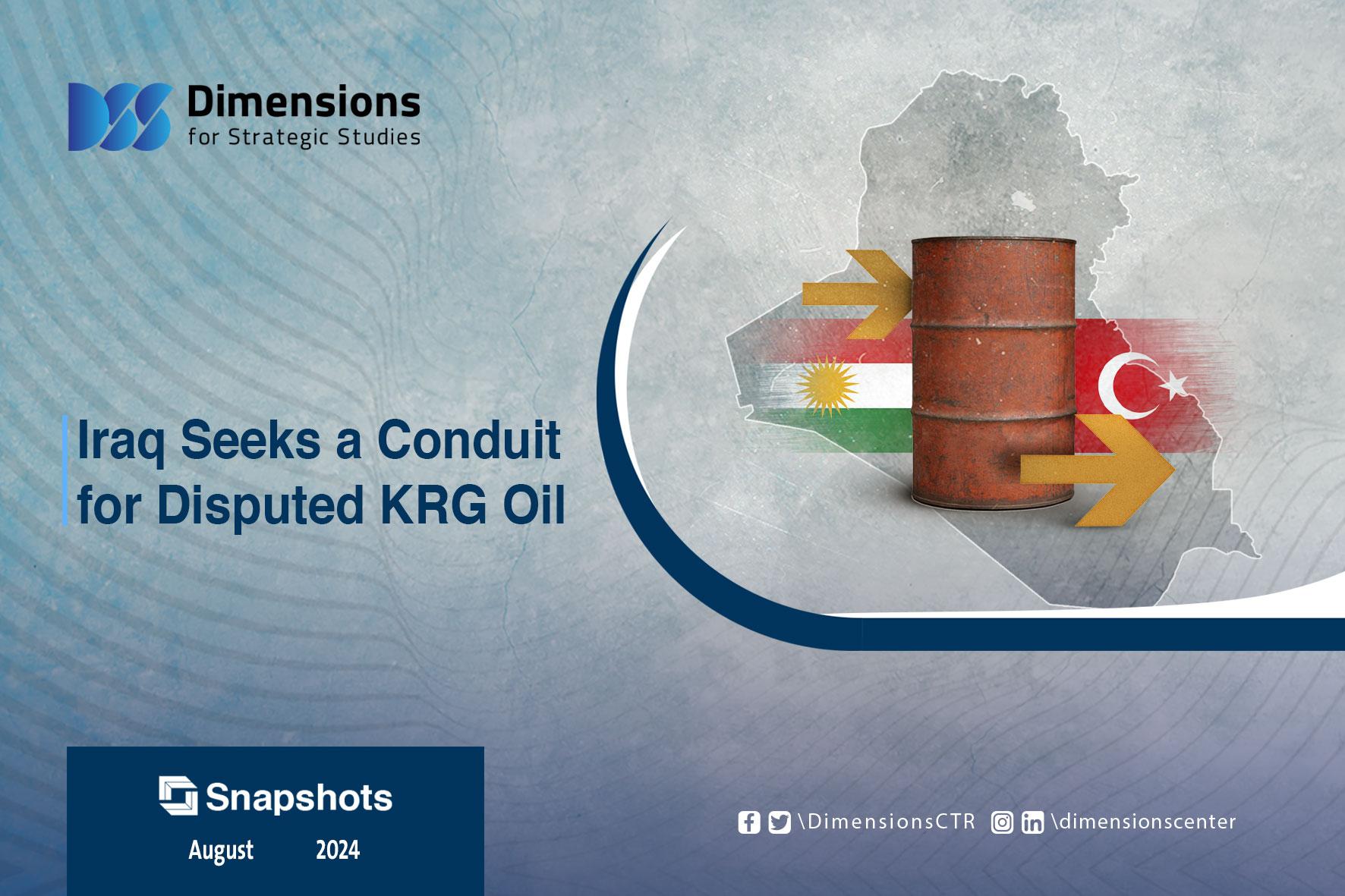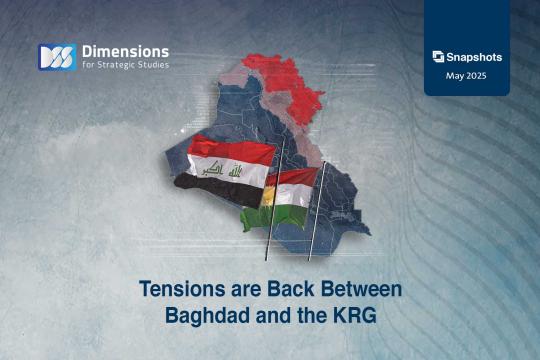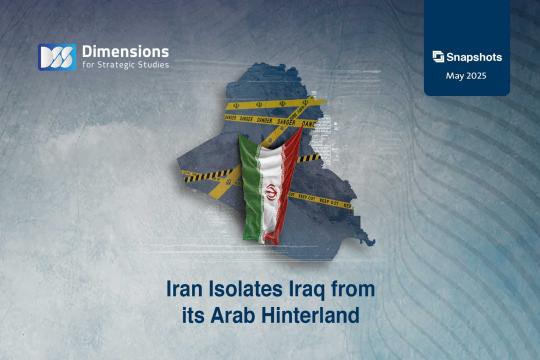
Iraq Seeks a Conduit for Disputed KRG Oil
2024-08-233348 view
A year and a half has passed since Türkiye complied with a ruling by the International Court of Arbitration, which required it to stop pumping oil from Iraq’s Kurdistan Regional Government (KRG) via a pipeline to the Turkish port of Ceyhan, which it had been doing at a rate of about 450,000 barrels per day.
While the authorities in Erbil are continuing to sell the region’s oil illegally, by smuggling it to Türkiye or Iran, or selling it in local markets at reduced prices, Baghdad has not yet managed to find alternative, above-board ways to export the region’s oil.
The Iraqi government’s efforts to halt oil exports through Türkiye were aimed at pressuring the KRG into accepting negotiations with Baghdad and complying with the Iraqi Constitutional Court’s ruling that it hand all production from oil fields in Kurdistan, along with oil and non-oil revenues, to the central government.
Yet Baghdad has few alternatives available. This was clear at a recent meeting between the Iraqi oil minister, KRG officials and representatives of major oil companies operating in the region, to discuss other possible routes. The meeting achieved nothing.
The Baghdad government views the closing of the export pipeline via Türkiye as a punitive measure against the KRG. Yet the latter, driven by its need for resources, has greater room for maneuver. Accordingly, it has clung to its right to invest in oil, manage production and collect revenues. Meanwhile, 18 months since the pipeline was closed, Baghdad has found no practical alternative.
Thus, while the Iraqi Constitutional Court and the International Court of Arbitration back the federal government’s right to exploit and manage the region’s oil, Baghdad has no way to exercise that right, meaning it has little leverage against the KRG.
That said, ideas are being floated to find providing practical alternatives to the pipeline in order to sell the region’s oil in the long term. Some of the most prominent are the following:
Exporting it via Iraqi ports: Oil could be transported from the KRG to the southern Iraqi port of Basra, via domestic pipelines, and loaded onto oil tankers. This simple proposal has been on the table for some time, but it would raise the transportation costs and therefore the price of Iraqi oil, especially to European markets.
Exporting it via Jordan, Saudi Arabia or Syria: This could be done via existing pipelines—after some maintenance—or new ones. It would require substantial resources and time, but remains within the realms of possibility, especially as concerns Jordan. Exporting via Syria could face an American veto due to sanctions, while Iran might object to exports via Saudi Arabia.
Opening an alternative export pipeline already in place via Türkiye. Known as the second Iraqi-Turkish pipeline, this could face the same problems as the current conduit, meaning Baghdad is forced to establish yet another pipeline on a completely different route.
Granting concessions to oil majors. The central government could negotiate with oil companies and give them more privileges elsewhere in Iraq.
Iraq’s federal government views the closure of the Iraqi-Turkish oil pipeline as a way of pressuring the KRG to submit to its will. In practice however, the move has caused huge losses for Iraq, while Erbil has managed to find ways of withstanding the pressure. All this casts doubt on the effectiveness of Baghdad’s tool.





